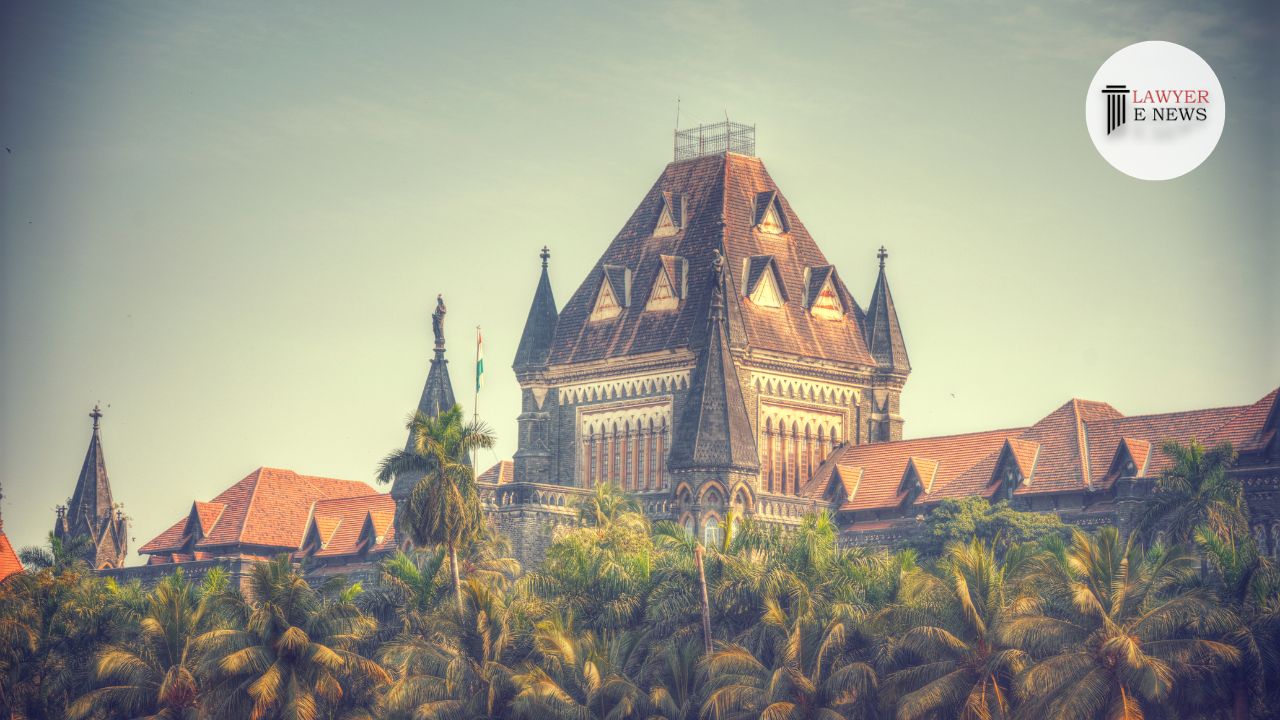-
by Admin
16 February 2026 5:45 AM



In a significant judgment, the Bombay High Court declared, "Central Government is the appropriate authority for Tata Memorial Centre (TMC)", overturning the decision of the Industrial Court.
Legal Point: The High Court's decision focused on identifying the 'appropriate government' for Tata Memorial Centre (TMC) under the Industrial Disputes Act, post-amendment of 2010. The key question was whether TMC, an autonomous body, fell under the control of the Central or State Government for labor law purposes.
Facts and Issues: The Tata Memorial Centre filed petitions challenging the Industrial Court's decision, which held the State Government as the appropriate authority for TMC. The matter hinged on the interpretation of the amended Section 2(a)(i) of the Industrial Disputes Act. TMC, originally established by Sir Dorabjee Tata Trust, eventually came under the administrative and financial control of the Central Government. The High Court was tasked with determining if this control constituted TMC as an autonomous body under Central Government, post the 2010 amendment to the Industrial Disputes Act.
Administrative and Financial Control by Central Government: The court scrutinized evidence showing TMC's funding and control by the Department of Atomic Energy, a Central Government entity. The Centre's accounts are audited by government agencies, and key decisions, including pension schemes and salary structures, require Central Government approval.
Governing Council Composition: The composition of TMC's Governing Council, with significant representation from Central Government officials, indicated Central Government control.
Historical Context and Legal Interpretations: The court considered TMC's transition from a trust-run institution to one under Central Government, interpreting the term 'appropriate government' in light of the amended definition. The judgment distinguished between 'under the control of' and 'controlled by', leaning towards a broader understanding of control in the context of autonomous bodies.
Decision: The High Court declared the Central Government as the appropriate authority for TMC, setting aside the Industrial Court's decision. It held that complaints under the presumption of State Government control were not maintainable, directing the Tata Memorial Hospital Workers Union to initiate proceedings before the appropriate forum.
Date of Decision: 20 March 2024.
Tata Memorial Centre vs. Tata Memorial Hospital Workers Union and Others
